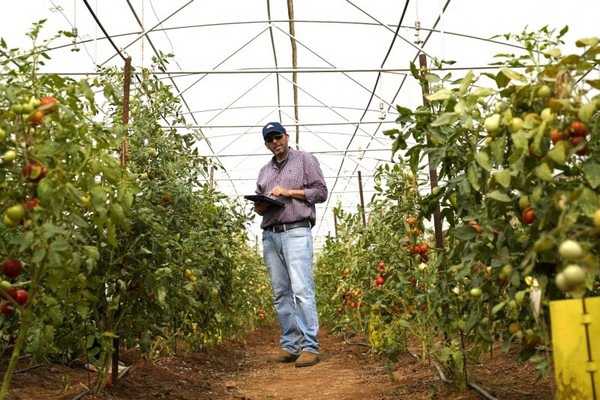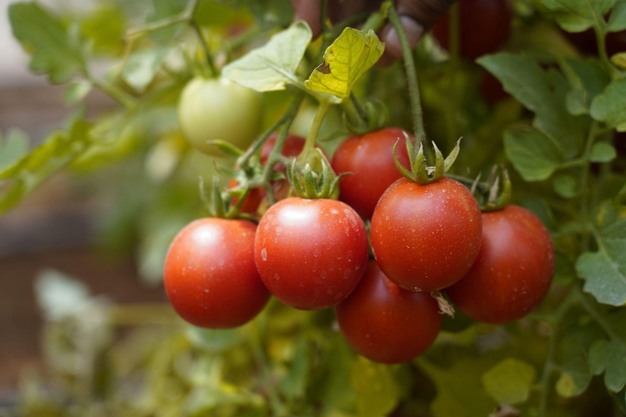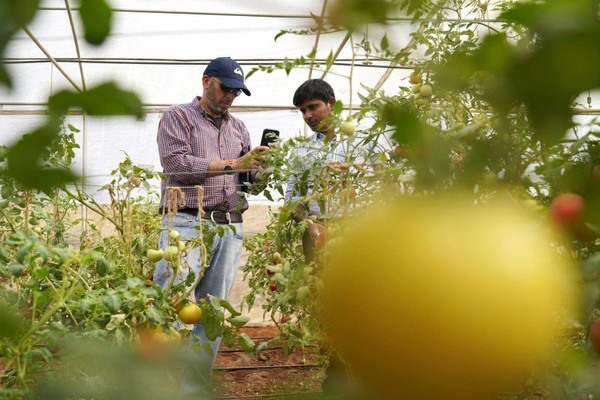The World Vegetable Center, based in India, has for many years been leading a strategic mission to evaluate and select tomato lines adapted to the diverse conditions found in the country. As part of this ongoing work, a team of researchers came together in March 2024 at the WorldVeg South and Central Asia regional center in Hyderabad to undertake a meticulous appraisal of exclusive tomato lines selected for members of the WorldVeg Asia-Pacific Seed Association (APSA) consortium.
This aimed to assess how genetic variants respond to and thrive within India's varied agroecologies, leading to a deeper understanding of the genetic compatibility of each exclusive line for the Indian agricultural context. Through rigorous field trials of more than 50 tomato lines and detailed data collection, the team also sought to identify specific lines that aligned with desired product profiles and market requirements by national seed companies. This was designed to pinpoint the exact genetic sources capable of withstanding specific abiotic stresses like heat stress and biotic stresses such as viruses and bacterial wilt while meeting the exacting market standards in terms of taste, appearance, and shelf life.

During field evaluations, WorldVeg scientists engaged extensively with local stakeholders, including farmers, seed companies, and industry experts, who highlighted the urgent need for heat-resistant and disease-tolerant varieties tailored to India's evolving agricultural landscape. Assaf Eybishitz, Senior tomato breeder at WorldVeg, emphasized the importance of their efforts. "Our goal is to develop new varieties that will fit optimally, improve the ability to deal with increasing stresses, and bring with them added value in addition to those currently available on the market. And create solutions that empower farmers and enhance food security in the country."

It became evident that the primary limitation in the Indian tomato market today is the urgent need for adaptation to climate change. There is a high demand for genetic material capable of withstanding heat stress while maintaining superior fruit quality and quantity. Additionally, traits offering tolerance and resistance to prevalent biotic stresses such as TYLCV virus, bacterial wilt and southern blight were identified as critical for ensuring crop resilience and sustainability. Armed with these perspectives, WorldVeg researchers prepared a roadmap for future breeding initiatives that will catalyze a transformative shift in agriculture not only in India but across South Asia, emphasizing sustainability, productivity, and resilience to climate variability.

As this mission concluded, the significance of this endeavor resonated deeply. Exploring exclusive tomato lines for their adaptability to India's evolving needs epitomized a commitment to agriculture advancement through innovation and strategic partnerships. Ensuring a better understanding of tomato genetics in South Asia exemplifies a story of resilience and adaptation—a testament to the profound impact of scientific inquiry and cross-sector collaboration in shaping a more sustainable and productive farming future for the country and the region.
Source: avrdc.org
